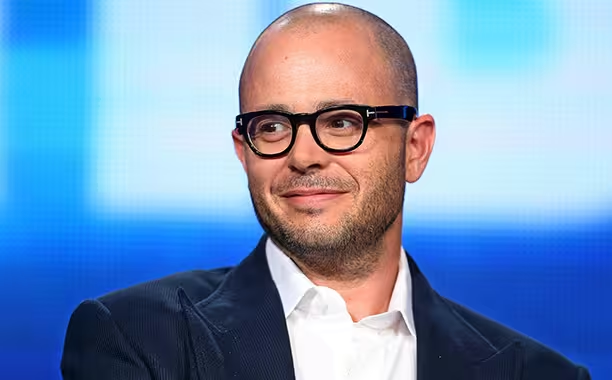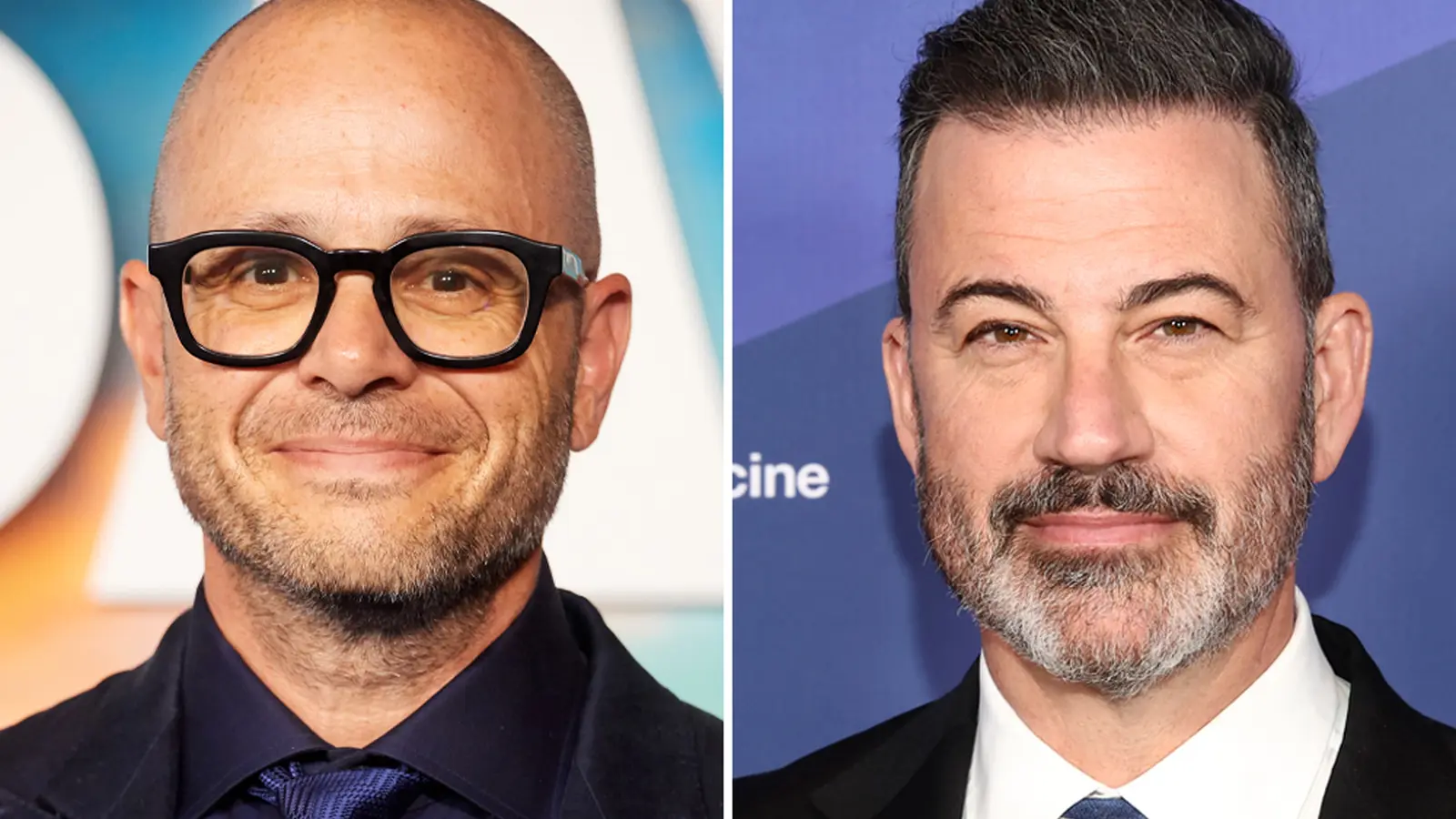5 Minutes
Creator Damon Lindelof Says He Won't Work with Disney While ABC Keeps Kimmel Off Air
Damon Lindelof, the television creator best known for Lost, Watchmen and The Leftovers, has publicly pledged not to collaborate with Disney while ABC continues to keep Jimmy Kimmel's late-night show off the air. ABC — owned by Disney — announced an "indefinite" suspension of Jimmy Kimmel Live following a backlash to comments the host made surrounding the assassination of conservative activist Charlie Kirk.
Lindelof posted to social media that he was "shocked, saddened and infuriated" by the suspension and that he could not, "in good conscience work for the company that imposed it" if the ban remains. In his post he also urged followers to consider the difference between hate speech and a joke, framing his stance as a matter of principle rather than partisan politics.
What led to the suspension
The decision to pull Kimmel's show came after comments in a monologue that critics said were inflammatory, and after public pressure from several quarters including Brendan Carr, chair of the Federal Communications Commission, who warned of possible regulatory scrutiny. Nexstar Media, which owns many local ABC affiliates, also said it would pre-empt the program and cited objections to the host's remarks. That corporate and regulatory pressure appears to have factored into Disney's temporary move.
Industry and union responses
Lindelof is one of the highest-profile creatives to announce a boycott, but he is not alone in drawing a line. Filmmaker Boots Riley suggested organized labor action, urging the Directors Guild of America to withhold labor on Disney-affiliated projects until ABC reverses the suspension. Major Hollywood unions including the Writers Guild of America, SAG-AFTRA and the American Federation of Musicians issued statements expressing concern about free expression and corporate responses to controversial speech.
The WGA's statement emphasized the importance of protecting the right to speak and to "disturb, even," while SAG-AFTRA described the suspension as a troubling form of suppression that could threaten broader freedoms for artists.

Why this matters to television and film creators
For film and television creators, the incident highlights the complex relationship between creative expression, corporate ownership and regulatory influence. Lindelof's body of work demonstrates that established creators can carry significant cultural weight: Lost reconfigured serialized drama on network TV, The Leftovers explored existential themes, and Watchmen adapted comic-book material into a series noted for its tonal risks. That pedigree gives a public statement like Lindelof's extra visibility and potential leverage.
There is also a practical angle. Disney spans network TV, major streaming platforms, film studios and franchise properties — meaning a sustained boycott by prominent creators or coordinated union action could have ripple effects across scripted television and film production schedules, development slates and talent attachments.
Context and community reaction
Social media and industry commentary have been divided. Some writers and performers framed the suspension as corporate caution under political pressure; others saw Kimmel's comments as crossing lines that warranted consequence. Historically, late-night television has occasionally provoked advertiser, affiliate or regulatory responses when hosts touch on volatile topics; the current situation is notable, however, for how quickly it prompted statements from regulators, affiliates and unions alike.
Film critic Anna Kovacs, a cinema historian and columnist, offered a measured perspective: "This moment is less about any single joke than about the structural power of media conglomerates. When a creator with Lindelof's profile refuses to work with a studio, it forces a conversation about leverage, ethics and the protections artists need."
What to watch next
Key developments to follow include whether ABC lifts the suspension, whether other prominent creators join Lindelof, and whether unions or guilds mount coordinated actions. Any prolonged standoff could affect development deals, production timelines, and the increasingly interwoven ecosystem of broadcast, cable and streaming entertainment.
In the short term, the episode is a reminder that creative reputations, corporate policy and public reaction are tightly linked in today’s film and television landscape — and that the choices of one late-night program can reverberate across an industry built on collaboration and collective labor.
Source: variety



Leave a Comment